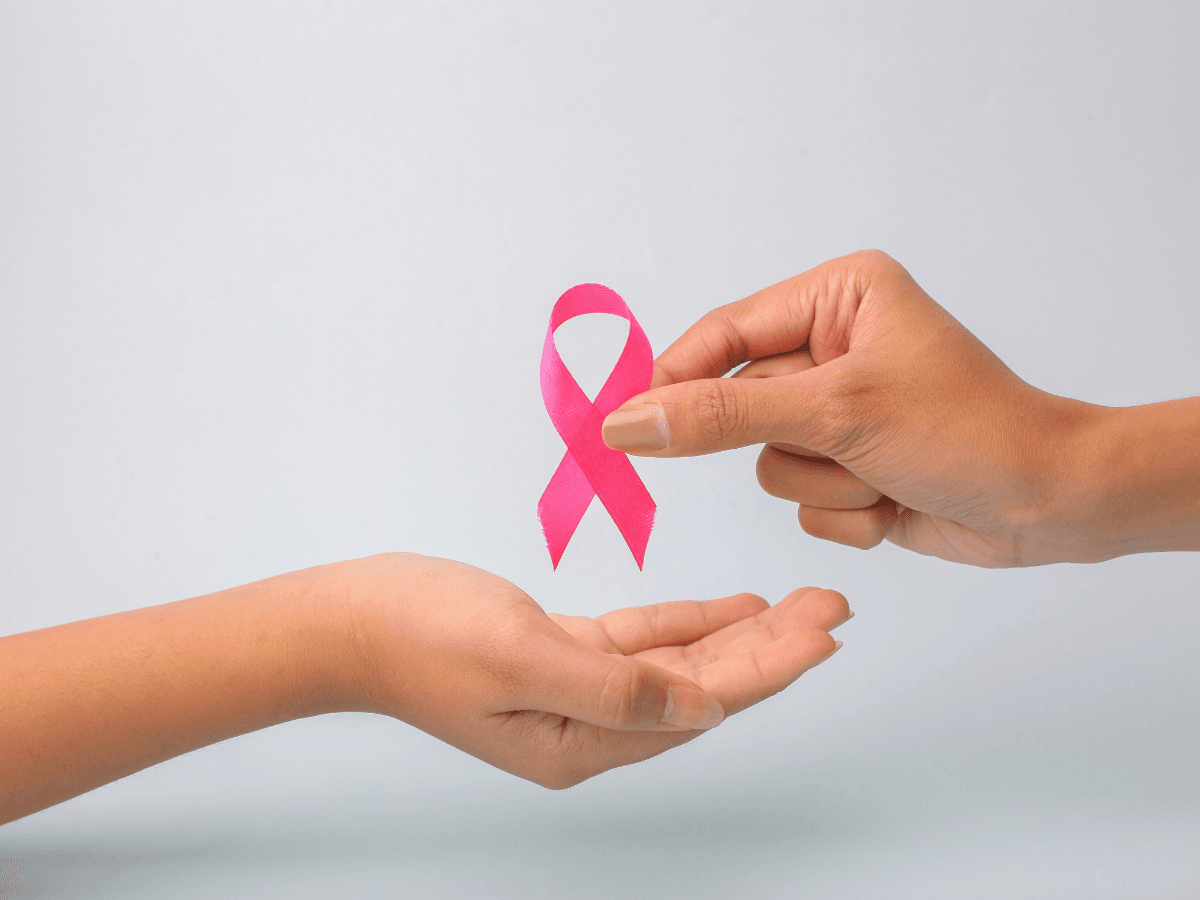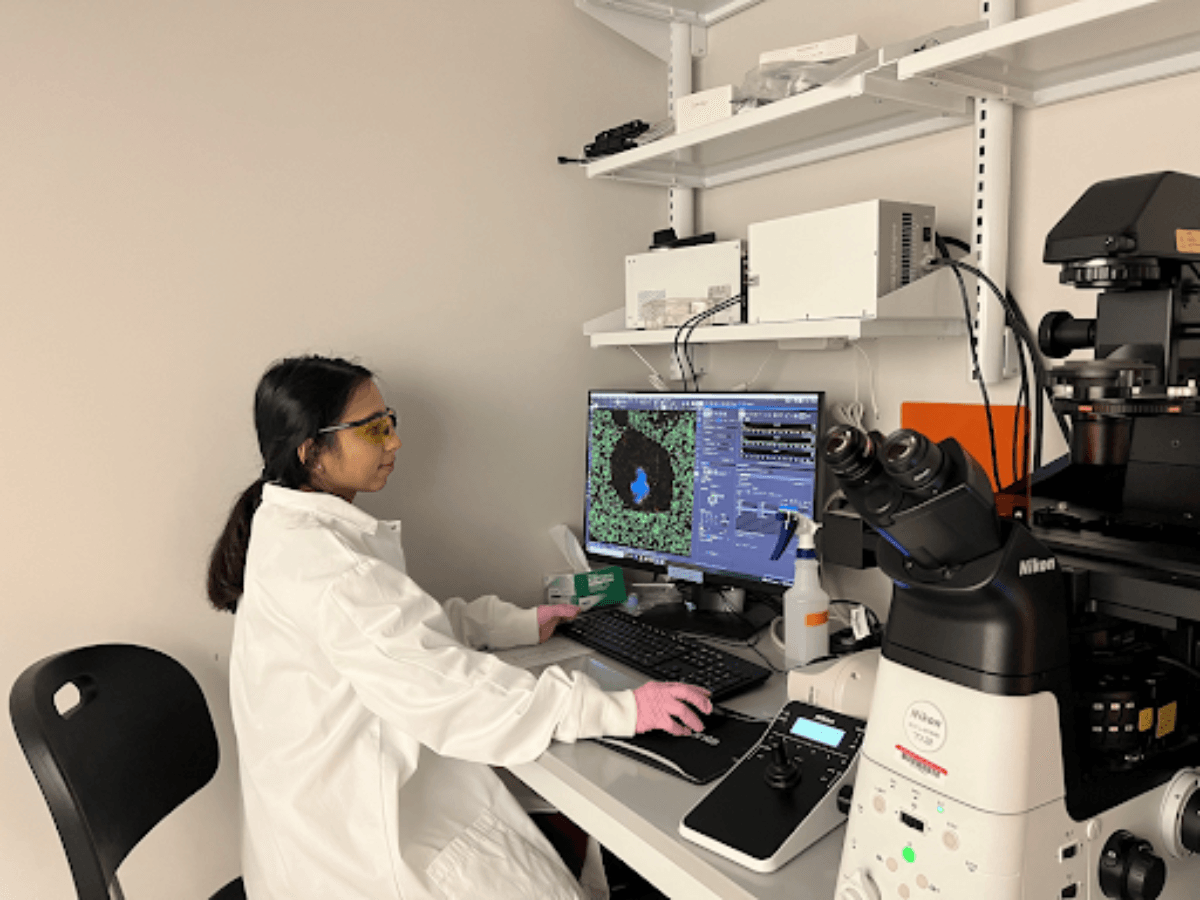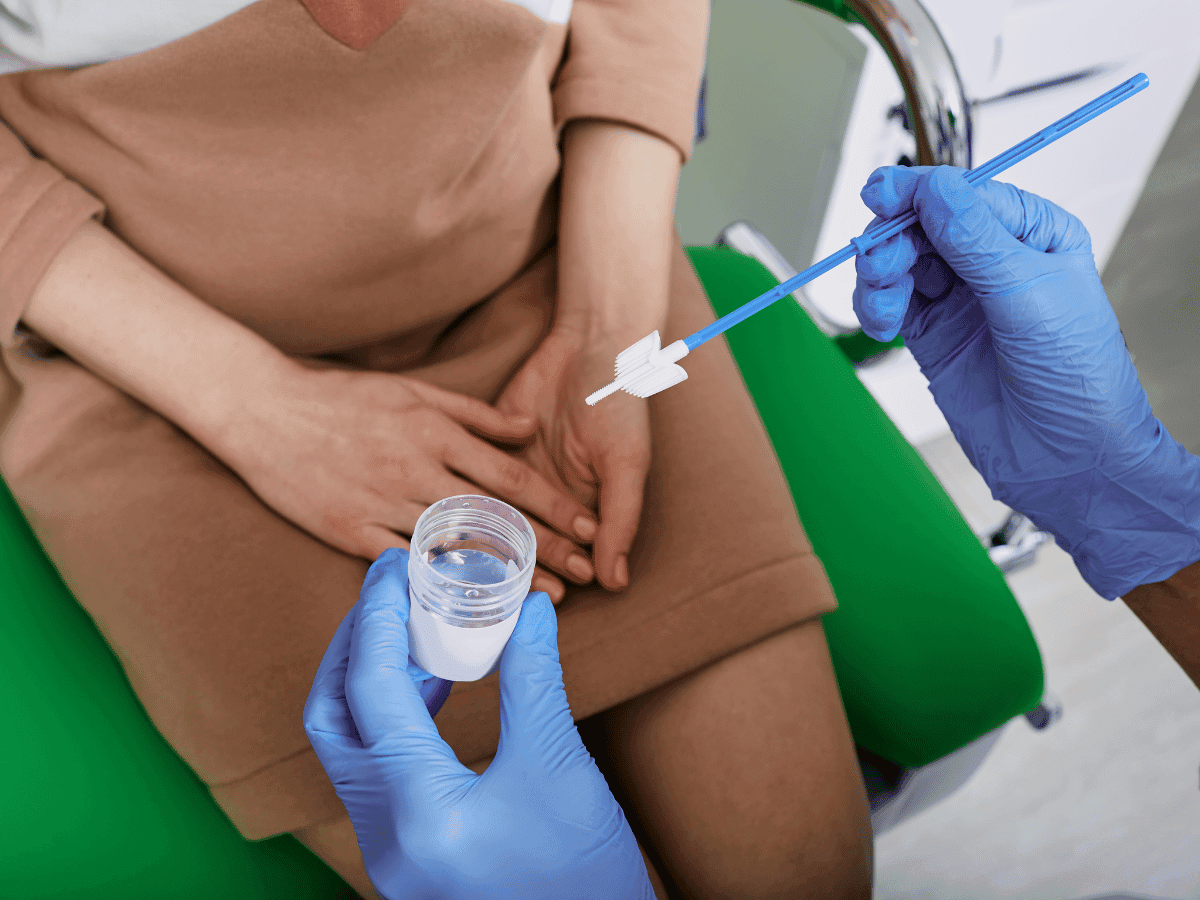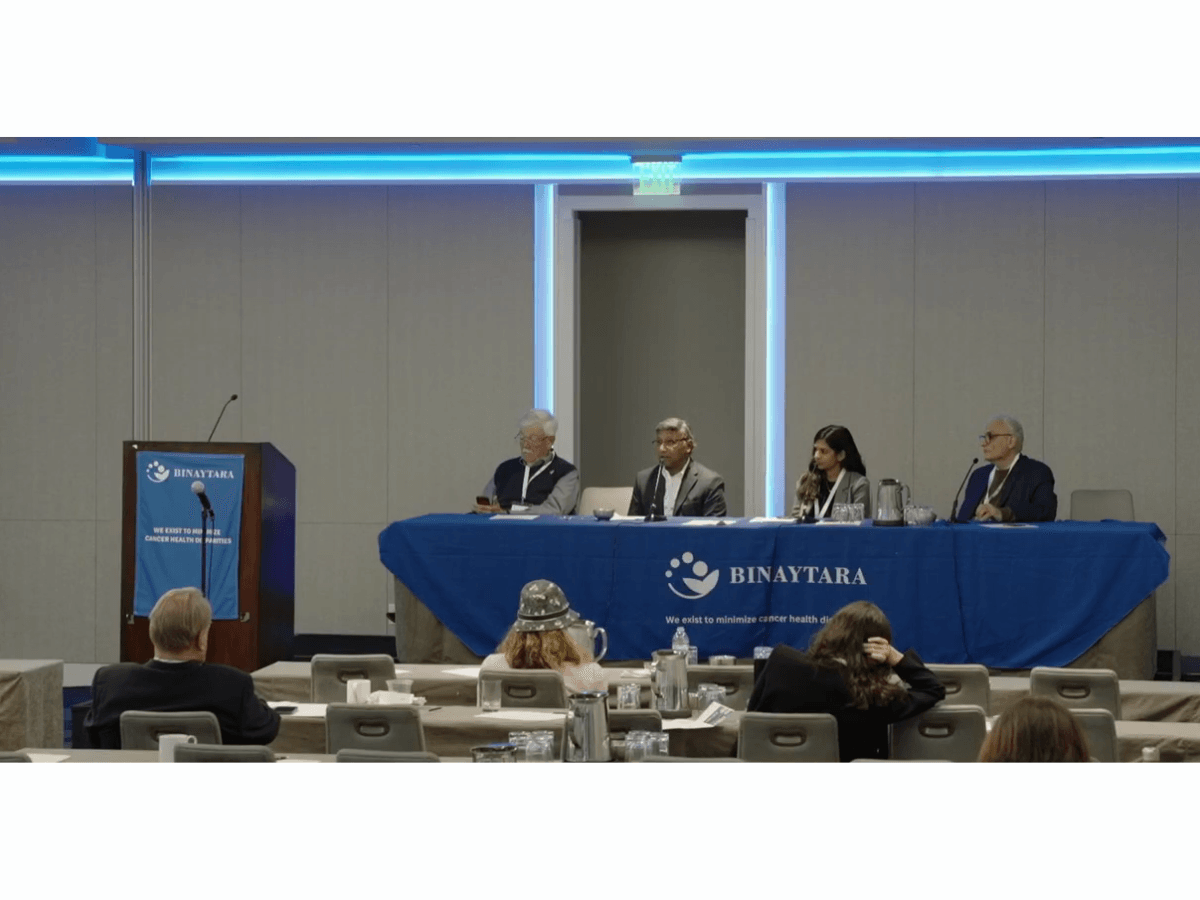
The Cancer News
AN AUTHORITATIVE RESOURCE FOR EVERYTHING ABOUT CANCER
Actor Robert Lowe Advocates for Increased Patient Participation in Cancer Clinical Trials
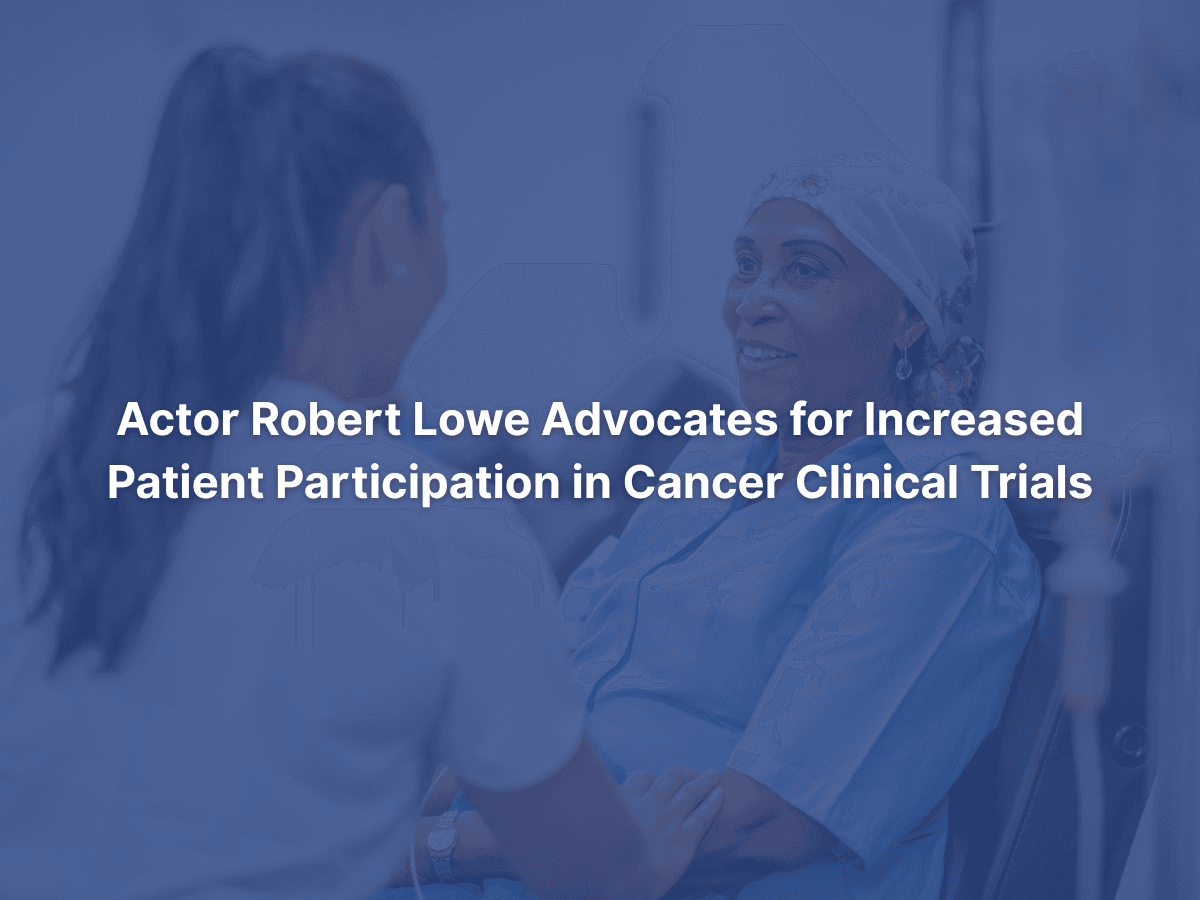
"One's health is the great equalizer, as we all know, and nothing reminds you of your humanity more than the frailty of our health," Robert Lowe mentioned in an interview.
Beyond Standard Cancer Treatment: Why Clinical Trials Offer New Hope for Patients
American actor Rob Lowe is now partnering with pharmaceutical company Eli Lilly to increase patients' awareness about cancer clinical trials. This advocacy stems from a deeply personal tragedy: witnessing how fear and misconceptions about clinical trials prevented his mother from accessing potentially life-saving treatment options before she died of breast cancer at 64.
Cancer has devastated three generations of women in Lowe's family. His great-grandmother, grandmother, and mother all died of breast cancer. While clinical trials were not as robust during his great-grandmother's era, his grandmother participated in breast cancer clinical trials twice. She remained highly engaged in her treatment, which led to favorable outcomes and extended her life significantly. The contrast between his grandmother's proactive approach and his mother's fear-driven reluctance sparked Lowe's current advocacy. "There are amazing advances in medicine, particularly in breast cancer, and what I've seen going through this three times is tremendous enhancements," he shared.
Cancer is a major threat not only to individuals’ health but also to the trajectory of their entire life. Beyond standard treatments like surgery, chemotherapy, radiotherapy, and, more recently, targeted therapy and immunotherapy for certain cancers, clinical trials investigating additional therapies, either as single agents or in combination, offer tremendous hope to change the outcomes of patients with cancer.
In our interview with Dr. Millie Das, the Chief of Oncology at the Palo Alto VA Hospital and Clinical Professor at Stanford Medicine, she shared, “Clinical trials are essential for advancing our understanding of cancer treatments and providing patients with access to innovative therapies that can significantly improve their outcomes.”
What Do Clinical Trials Entail?
Clinical trials are research studies designed to test the safety and effectiveness of new medical interventions for a specific disease. There are four phases in a clinical trial. Phase 1 involves a small group of healthy volunteers or patients with the disease to find the safest dose and identify initial side effects. Phase 2 tests how effective the treatment is in a larger group of patients with the specific disease. Phase 3 compares the treatment to the current standard of care in a much larger population. Phase 4 takes place after the treatment is approved and on the market, focusing on long-term safety and effectiveness in real-world settings.
In oncology, clinical trials help advance cancer research, expand our understanding of the disease, and ultimately lead to the development of treatments that can save lives. Patients who participate in clinical trials benefit from intensive medical oversight, with specialized teams of doctors and nurses providing focused care and close monitoring throughout the study.
Misconceptions About Clinical Trials
Clinical trial awareness matters, especially for patients with cancer. A study reports that only about 7% of cancer patients participate in treatment trials. This low enrollment rate highlights existing challenges in patient education and access barriers regarding clinical trials.
Common misconceptions include beliefs that clinical trials are risky or serve only as a last resort. However, these misconceptions are not entirely accurate.
While clinical trials might sound risky, they typically begin with low doses and include close monitoring by dedicated teams that adjust care if treatments are not working. This ensures safety remains a top priority throughout the process.
Many people also believe that clinical trial participants only receive placebos. In reality, cancer clinical trials rarely have participants use placebos alone. Most studies compare standard treatment to new investigational drugs or compare different doses of investigational treatments. Some trials compare standard care combined with new therapy versus standard care with placebo. When placebos are used, patients are clearly informed during the consent process. Clinical trial teams always explain trial details to participants and answer questions to ensure transparency and comprehension before enrollment.
Not all cancer clinical trials are for patients with advanced cancer or those who have exhausted all treatment options. Some clinical trials test treatments for early-stage cancer or focus on prevention in high-risk individuals. Others explore therapies for cancer that has returned after initial treatment or assess quality of life during or after treatment.
For example, an ongoing Phase 2 clinical trial is testing a combination vaccine for cancer prevention in participants with Lynch syndrome, a hereditary condition that increases the risk of developing colorectal and endometrial cancers. Another Phase 2 trial, led by Dr. Julie Nangia, is evaluating how the targeted therapy ruxolitinib affects patients with high-risk, precancerous breast conditions.
Rob Lowe's Call to Action on Changing Cancer Outcomes
Lowe emphasized the importance of advocacy for those who are wary of clinical trials, stating, “My number one thing is that all patients have to advocate for themselves. It is the number one game changer in the path you have ahead of you. Your ability to advocate, to ask questions, to champion, and guide your own recovery is critical.”
By working with Eli Lilly to spread awareness about cancer clinical trials, something deeply personal to Lowe, he remains hopeful for the future as he witnesses progress on the frontlines and draws inspiration from patients' journeys.
Raising awareness about components of cancer care and delivery is a shared responsibility, and efforts like Robert Lowe’s can help bridge the gap between clinical research and patients. For additional resources and guides about cancer clinical trials, visit the National Cancer Institute’s page, Eli Lilly’s website, or ClinicalTrials.gov.
Disclosure: The Cancer News is managed by the nonprofit Binaytara, and Eli Lilly and Company is a sponsor of Binaytara’s continuing medical education conferences.
